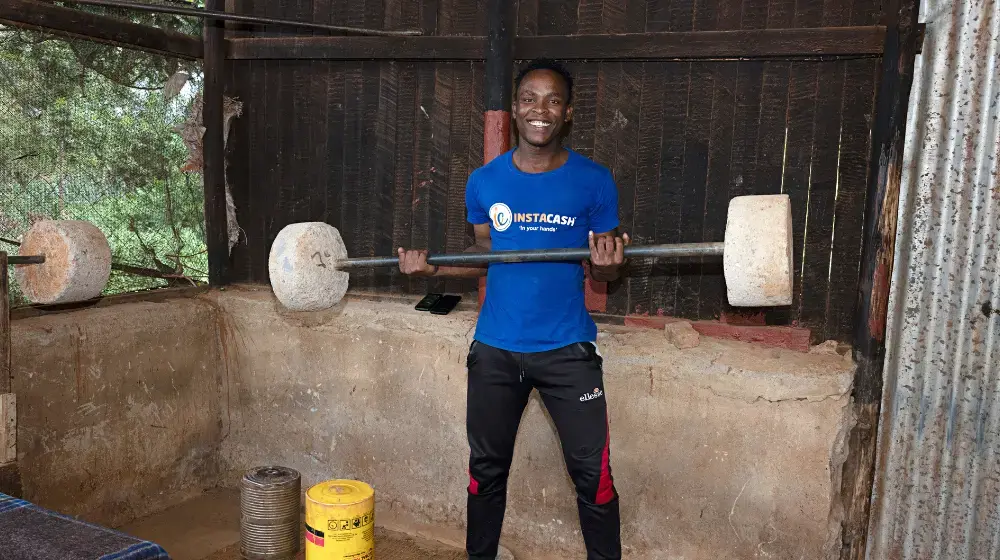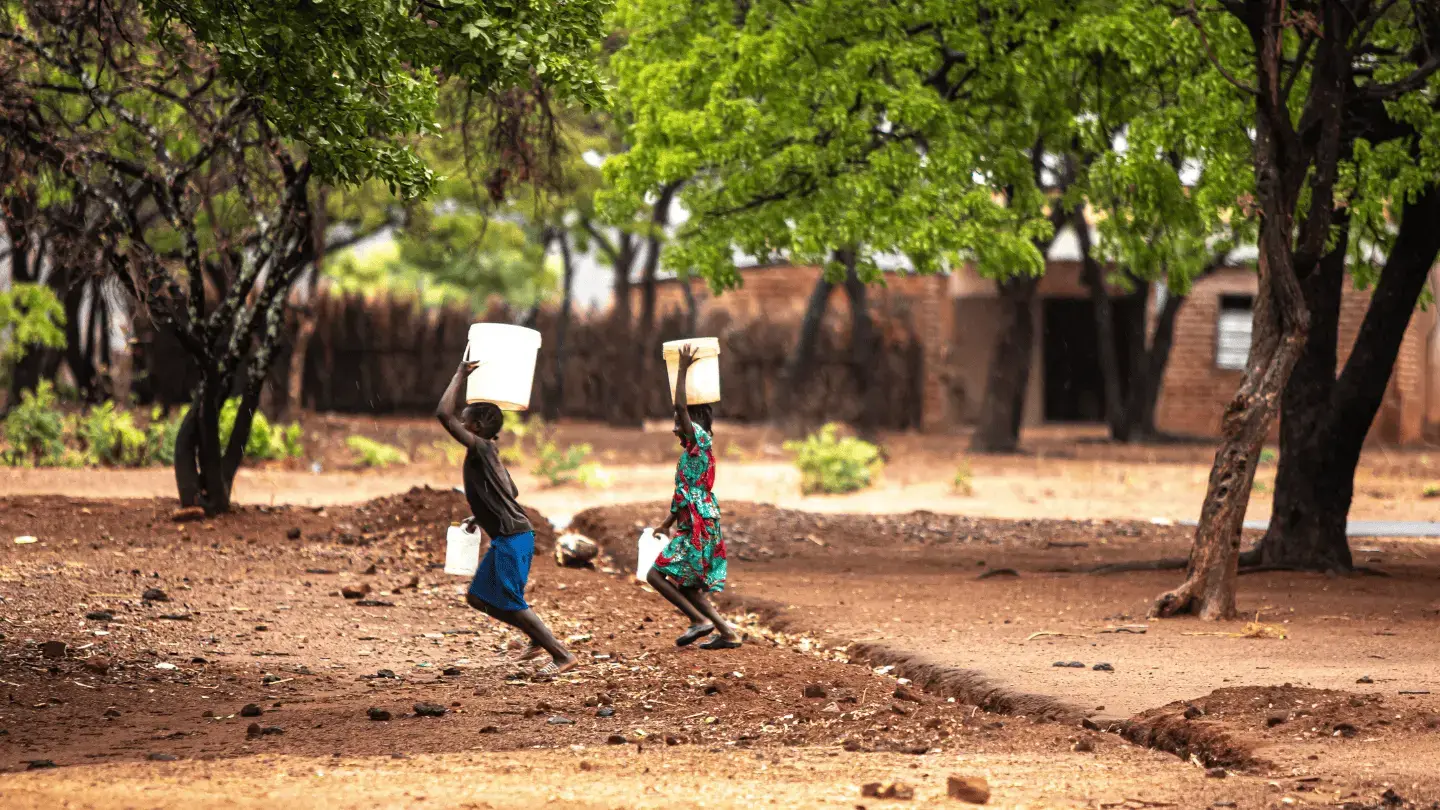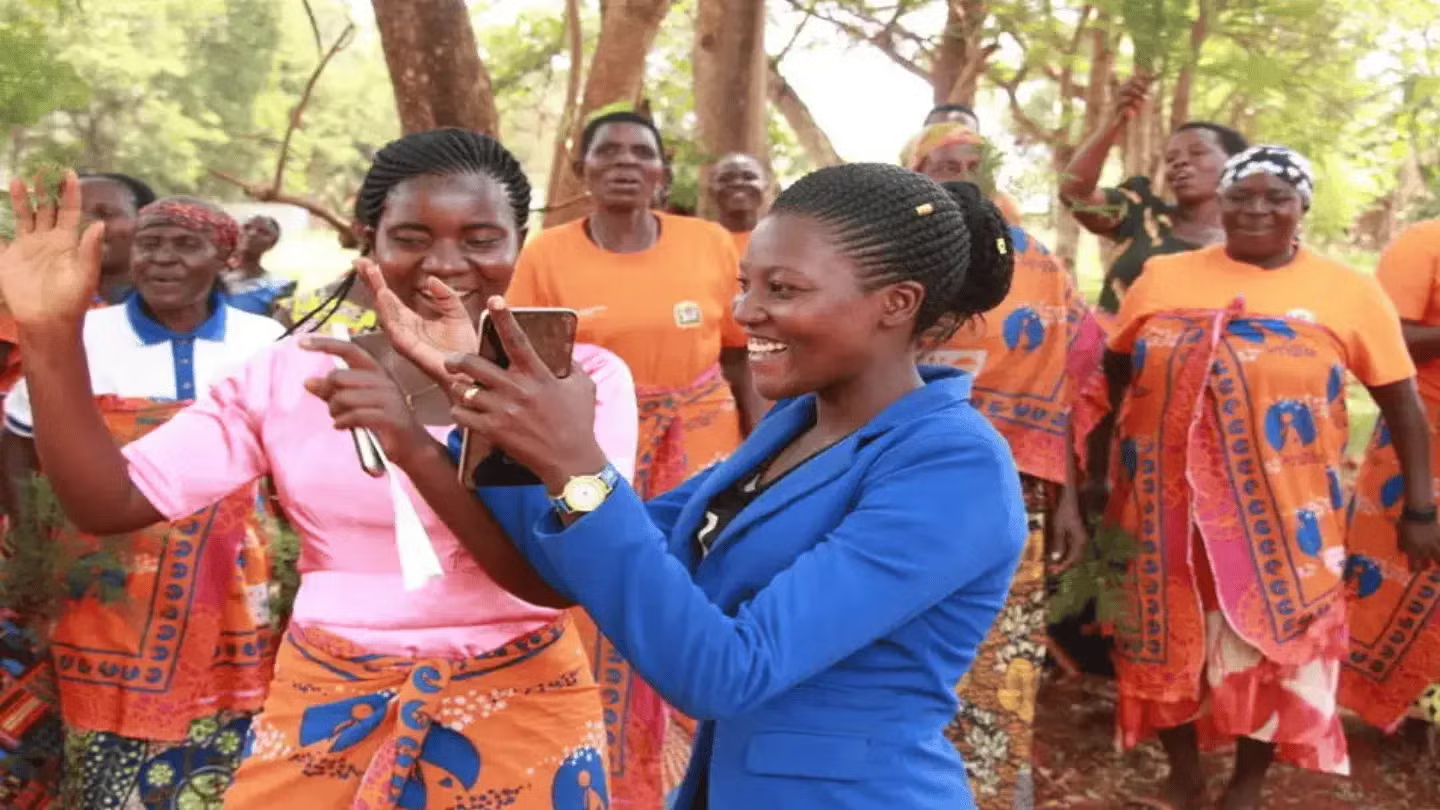
5 April 2013 — Today marks the start of the countdown of the last 1,000 days to achieve the Millennium Development Goals (MDGs) in 2015. We have cause to celebrate the successes achieved around the world, but we must also urgently ramp up our work, resources and actions in areas that are lagging behind.
In 2000, the world pledged to reduce maternal deaths by three quarters by 2015 from their 1990 levels through MDG 5. Maternal deaths have dropped by 47 per cent globally, but MDG 5 is the goal that lags the farthest behind. More than 287,000 women and girls still die each year of pregnancy- and delivery-related complications. These complications remain the number one killer of 15-19 year-old-girls in the developing world. In addition, more than 300 million women live with maternal illnesses and injuries, such as fistula, and about 222 million women in the developing world lack access to modern contraceptives.
Maternal deaths and disabilities and unintended pregnancies hold societies back. They perpetuate intergenerational poverty and impede sustainable development by infringing on women’s rights and capacities, while harming the survival and health of children. That is why we must all intensify our efforts in these last 1,000 days and beyond. A woman who can choose when to have children and how many will be healthier. She has a better chance of surviving childbirth. Her children are healthier. She can get more education, go out and seek jobs. She can then contribute much more to the development of her community and her entire country.
UNFPA, the United Nations Population Fund, and its partners are committed to rising up to this challenge. We are stepping up our efforts to support health plans and improve access for millions of more women and girls to maternal health and voluntary family planning services. We support countries with high levels of maternal death and unmet need for family planning to improve policies; invest more resources; strengthen health systems and the capacities of health workers and skilled midwives to expand skilled birth attendance and emergency obstetric and neonatal care; and increase access to critical supplies to save lives.
We also leverage broad partnerships and resources to accelerate support to sexual and reproductive health and reproductive rights:
UNFPA, together with the H4+ partners (UNFPA, UNICEF, WHO, UNAIDS, the World Bank, and UN Women) are delivering on the UN Secretary- General’s Global Strategy for Women’s and Children’s Health to save the lives of 16 million women and children by 2015 and prevent 33 million unwanted pregnancies worldwide.
In close collaboration with the African Union Commission, we are supporting a new push for the Campaign on Accelerated Reduction of Maternal Mortality in Africa (CARMMA), through which 37 countries in sub-Saharan Africa have thus far committed to increasing resources, changing policies and improving services to support maternal health.
As a global leader on family planning, UNFPA is also delivering on commitments made at the 2012 London Family Planning Summit, in line with UNFPA’s goal of sustainably reaching the more than 220 million women and girls in developing countries who want to prevent or delay pregnancy. In line with this, we are actively supporting the implementation of the UN Commission on Life-Saving Commodities for Women's and Children's Health to expand access to life-saving supplies and medicines for the most vulnerable.
We call on all governments, partners and the international community to join this effort to improve maternal health and meet MDG 5 targets A & B. We can only achieve sustainable and meaningful development if the health of women and girls -- half of humanity -- is given the priority it deserves and their human rights are respected and fulfilled.
We have 1,000 days left. Let us all speed up our work to save and improve the lives of millions more women and girls. They are counting on us and we must deliver.




